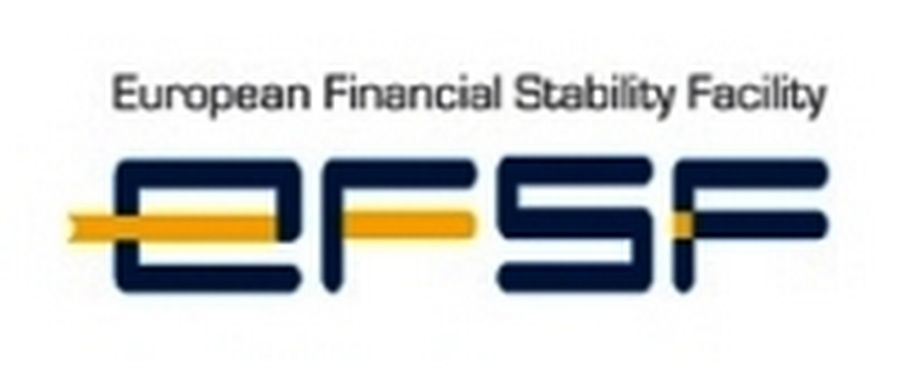
The European Financial Stability Facility’s €3bn bond issue lon Monday barely managed to scrape over the finishing line despite paying a much wider spread than previous issues.
Italian bond prices might be heading south, but as each day passes it’s becoming increasingly obvious that the only real destination for the actual bonds is north. Frankfurt – and more specifically the European Central Bank – can now be the only saviour of the eurozone, after markets so dramatically turned their backs on Rome and its €1.7trn debt pile last week.
The solution once seemingly offered by the European Financial Stability Facility is surely now off the table. Last week’s near-disastrous €3bn bond issue – which struggled to pull in bids despite offering a whopping 90bp more than its last issue – indicates that raising the mooted hundreds of billions of euros to beef up the fund is now pie in the sky.
Banks, already burned by their willingness to believe that eurozone governments would be able to solve the Greek crisis, are understandably selling out of peripheral countries’ debt before it’s too late. Italian government bond auctions over coming months are going to be tough without the backbone of foreign banks that normally buy into such issues.
Enter the ECB. Only it has the firepower to prevent the Italian situation from spiralling out of control and spreading to the next target – France. Forget leveraging up the EFSF, or creating an IMF-backed SPV. It’s time for the ECB to buy, buy, buy.
If it then announced that it had retired the bonds it had purchased – allowing troubled states to book the gains – prices would rally immediately, perhaps buying time for Italy to pass reforms necessary to convince the market that default is not inevitable.
Just a thought
On a side note, isn’t it ironic that one of the more effective credit management tools, writing protection through credit default swaps, has been massively undermined by political posturing?
Five-year Italian CDS traded at 535bp on Friday, so imagine the short-squeeze if the EFSF wrote protection in size against Italian bonds. The market would move faster than Silvio Berlusconi at one of his infamous parties.
At least then, those betting against eurozone debt would know that they were no longer dealing with a one-way market.
He who pays the piper
When push comes to shove, equity holders will always be favoured over bondholders by those running companies. A reminder of that fact was provided by US biotech giant Amgen last week when it threw its bondholders under the bus; issuing US$6bn of debt to pay for a tender for US$5bn of stock.
The deal caused a US$15 plunge in the company’s secondary market bond prices and a loss of its Single A ratings from Fitch and Moody’s.
Although Amgen offered 60bp–70bp in new issue concessions on the new bonds, the 10s and 30s were under water to the tune of 23bp two days after pricing. Since most investors in the new transaction held the company’s old bonds, it was a week of mark-to-market losses on a name that was once considered a defensive play.
It all goes to prove that CEOs know what side their bread is buttered. After all, they get paid based on their companies’ stock price – not on their bond spreads.
One argument that makes forsaking bondholders for the benefit of shareholders easier to live with is that if company financials are strong – Amgen’s is, given its US$17bn or so cash hoard overseas – the bond losses could be made up over time.
And given where rates are, it’s hard to resist presenting to a company board the quick panacea for a persistently under-performing share price that a bond-funded buyback represents. In Amgen’s case the 3.8% weighted average yield of its new US$6bn of bonds is well below the company’s expected return on equity.
But while clearly accretive to EPS, the US$5bn repurchase does little to address Amgen’s long-term revenue growth challenges. It’s better than nothing, but the company might well have done better spending its money on an acquisition.
Perhaps in normal times, it would have done. But few companies are willing to punt on acquisitions at the moment given the disruption in the market caused by the crisis in Europe and the weak outlook in the US. More evidence, perhaps, of the dampening effect the eurozone crisis is having across the world.
